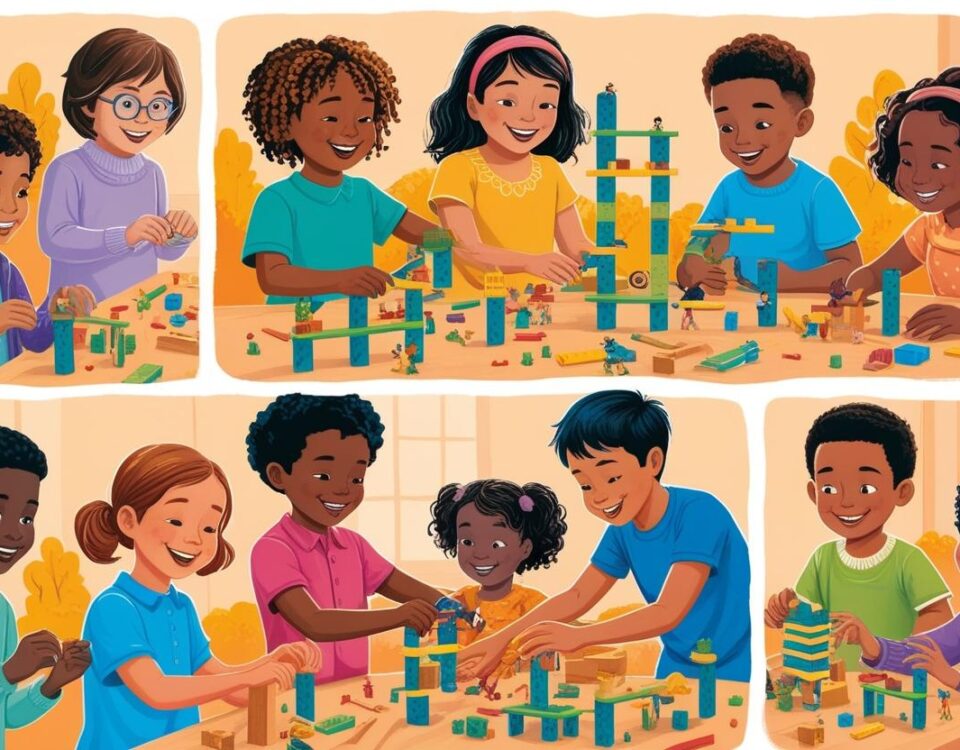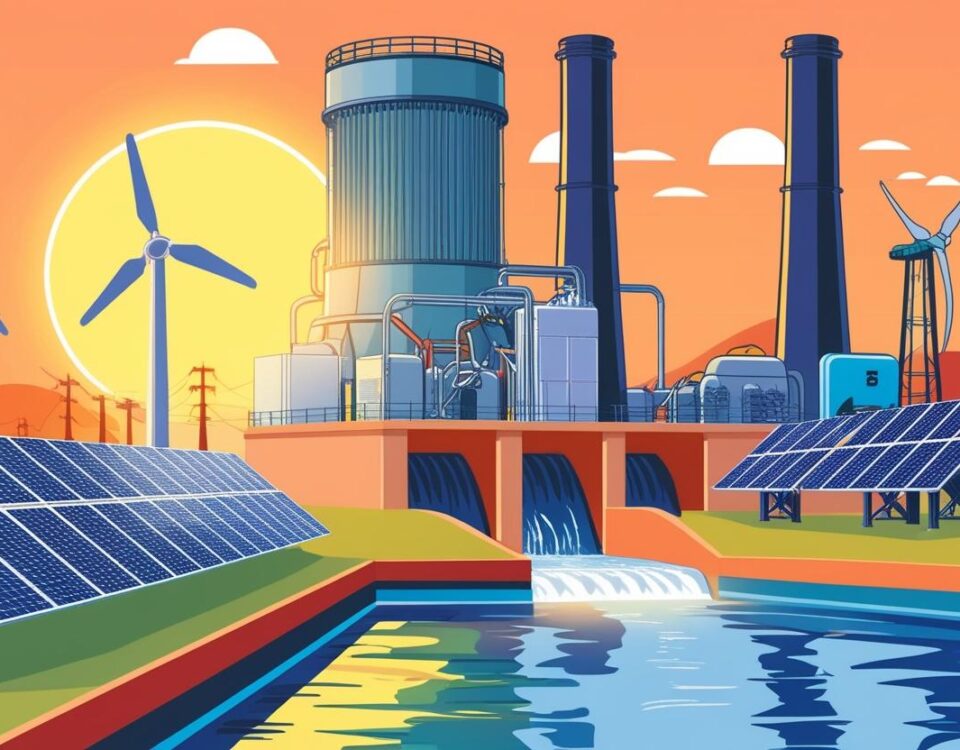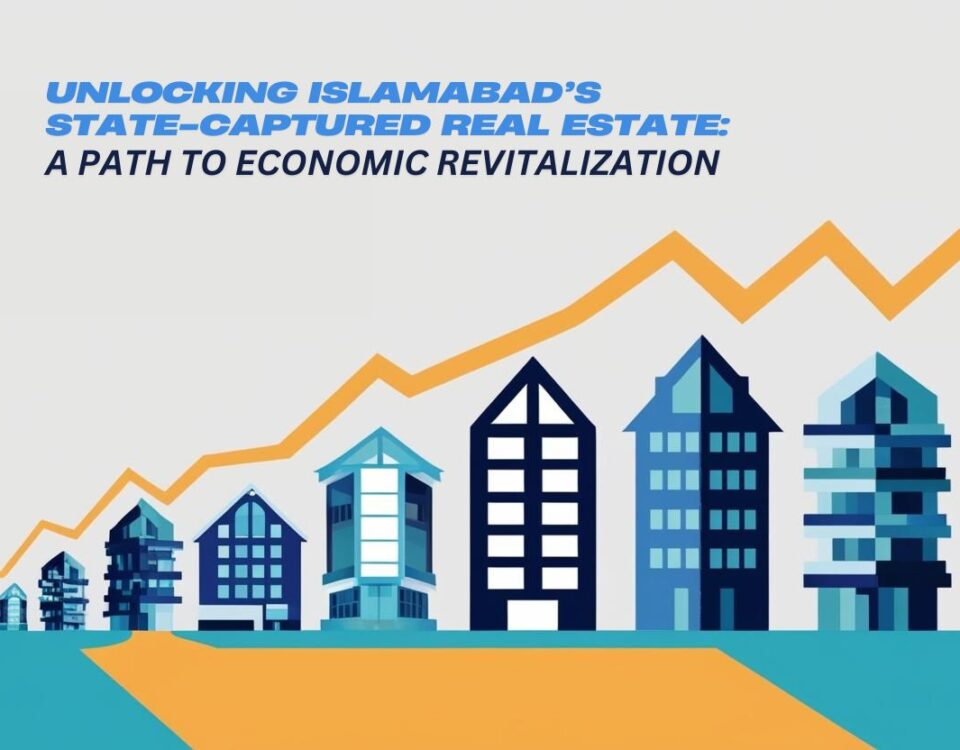A culture that resists critical thinking and innovation cannot thrive in a rapidly changing world. Let us value our traditions without being prisoners to regressive mindsets.
Durre Nayab
March 23, 2025
Today, as we celebrate Pakistan Day, we are reminded of the dreams and aspirations that led to the creation of this nation. It is a day to honour the sacrifices of our forefathers, who envisioned a land where justice, equality, and prosperity would reign supreme. Yet, as we raise our flags and sing the national anthem, a sombre reality weighs heavily on our hearts. Pakistan, the land we love so deeply, is not the country it was meant to be.
Our love for Pakistan is unwavering, but it is a love tinged with despair. We see a nation grappling with crippling economic challenges—skyrocketing inflation, a mounting debt burden, and a lack of growth. The political landscape is marred by polarisation, where self-interest often trumps national interest. Governance remains a distant dream, with a dated civil service system ill-equipped to address the complexities of the 21st century. The judiciary struggles to gain the trust of the people, as delays and perceived partiality erode its credibility.
Social indicators paint a grim picture. Education and healthcare systems are in shambles, leaving millions of children out of school and families without access to basic medical care. Civic sense is alarmingly absent, as littered streets and polluted rivers reflect a collective disregard for public spaces. We lag our peers, watching as other nations surge ahead in innovation, development, and global influence.
But our challenges run deeper than economics and governance. They are rooted in the way we treat one another, across gender, religion, and culture. Pakistan is a diverse nation, rich in traditions and heritage, yet we often fail to celebrate this diversity. Gender inequality remains a glaring issue, with women and marginalised communities facing systemic discrimination. Despite their immense potential, women are often denied access to education, employment, and decision-making roles. Religious and cultural minorities, who are an integral part of our social fabric, continue to face persecution and exclusion.
Our traditions are a source of pride, but they must not become chains that bind us to regressive mindsets. We must learn to distinguish between cultural values that uplift us and those that hold us back. A society that suppresses segments of its population cannot progress. A nation that fails to protect its minorities cannot claim to be just. And a culture that resists critical thinking and innovation cannot thrive in a rapidly changing world.
It is easy to succumb to despair, to let the weight of these challenges crush our spirit. But love for one’s country is not blind admiration; it is a commitment to see it through its darkest hours. Pakistan is not defined by its failures but by its potential. And it is this potential that must ignite our resolve to rebuild and reclaim the Pakistan we were promised.
The way out begins with accountability, not just from our leaders but from ourselves. We must demand better governance, transparency, and meritocracy. The civil service must be reformed to attract the brightest minds, and the judiciary must work tirelessly to restore public trust. Political leaders must rise above petty rivalries and prioritise the nation’s welfare over personal gain.
Economically, we need bold, innovative policies that focus on growth, development, job creation, and investment in human capital. Education and healthcare must be treated as non-negotiable priorities, not afterthoughts. We must foster a culture of civic responsibility, where every citizen takes pride in maintaining public spaces and contributing to the collective good.
Socially, we must confront the divisions that plague us, whether they are based on gender, religion, ethnicity, or class. Unity is our greatest strength, and it is only through solidarity that we can overcome the challenges we face. We must celebrate our cultural heritage while embracing progress, rejecting regressive practices that stifle growth and equality.
There is hope, but it is not passive. It is the hope that comes from action, from the belief that every small step toward progress matters. It is the hope that lies in the resilience of our people, in the countless unsung heroes who work tirelessly to make a difference in their communities. It is the hope that one day, we will look back at this moment as a turning point, a time when we chose to rise above despair and build a brighter future.
On this Pakistan Day, let us renew our love for this nation. Not with blind optimism, but with a steadfast commitment to change. Let us value our traditions without being prisoners to regressive mindsets. Let us build a Pakistan where every citizen, regardless of gender, religion, or background, can thrive.
The road ahead is long and arduous, but together, we can reclaim the dream that was Pakistan.
Pakistan Zindabad!!




